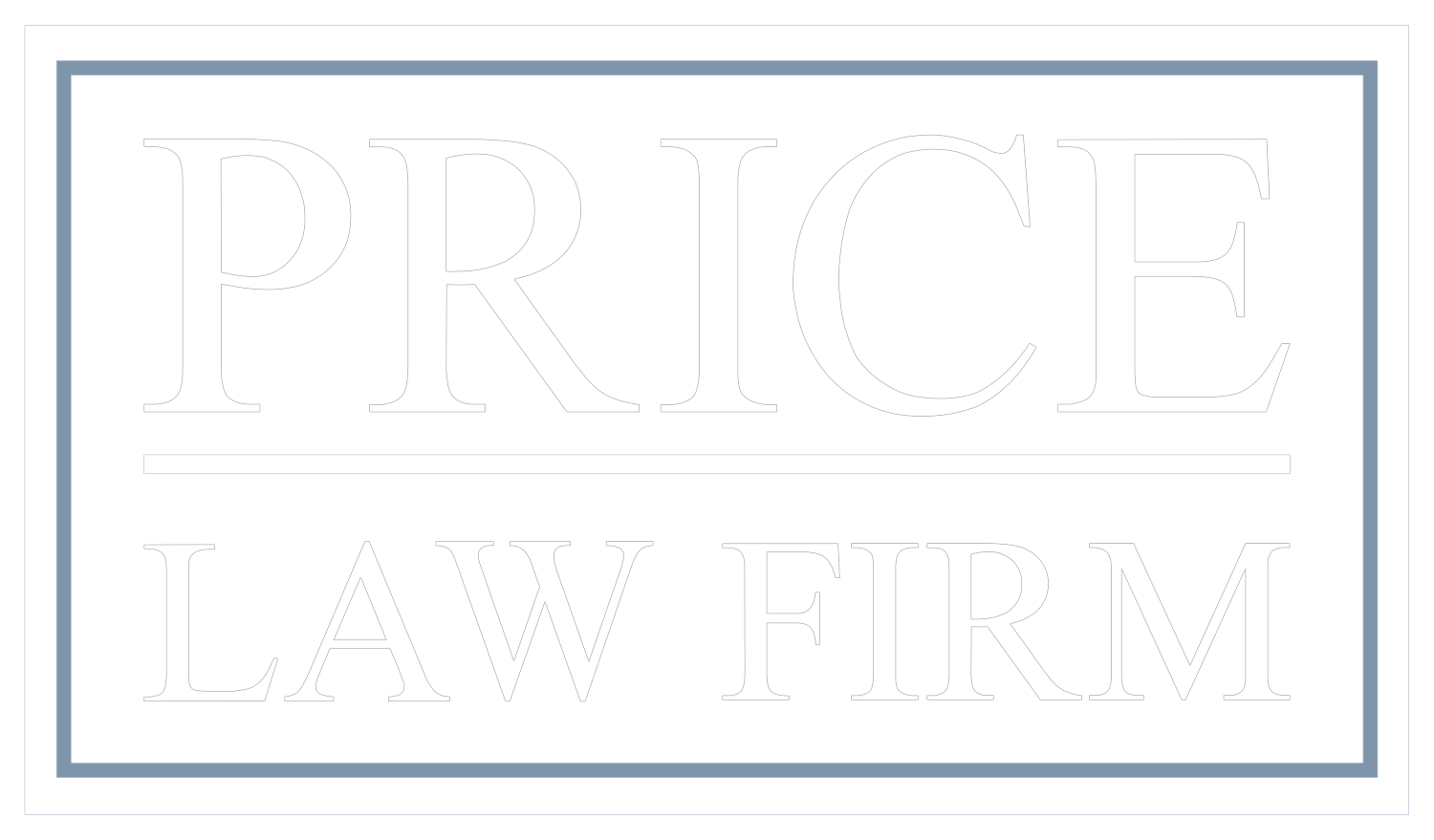
Four Year Statute of Limitations Takes Another Blow
I have written a lot about rent overcharge cases and the applicability of the four year statute of limitations to those cases. For new readers to this blog, the law works like this: Many years ago the Legislature and the Governor passed a law providing that there would be a four year statute of limitations in rent overcharge cases that would be so ironclad that it was to be prohibited for a court to even review a rental history beyond four years. As time has gone by judicial decisions have chipped away at that statute so as to render it meaningless in many important situations.
Generally speaking (and each case presents its own unique facts) the four year statute of limitations does or does not apply as follows:
- When a court is going to determine if an apartment actually is rent stabilized, the Court can go back more than four years to make the determination;
- When a court is going to award money to a tenant who has been the victim of a rent overcharge the Court will not award money to the tenant unless the initial overcharge took place within 4 years of the tenant's claim (unless the tenant can demonstrate fraud) and;
- When a court is going to determine what rent should be charged prospectively when it is apparent that there has been a rent overcharge the Court is likely to look back more than four years but this area is still being developed.
A recent case from the Appellate Division, First Department called Bogatin v. Windermere Owners, LLC, 98 A.D.3d 896, 950 N.Y.S.2d 707 (1st Dept. 2012) emphasizes again that the Courts will ignore the four year statute of limitations when status is being determined (and perhaps to award money damages when there has been fraud). In Bogatin, a tenant (unrepresented by counsel) started a lawsuit against his landlord in state court seeking relief due to his allegation that the landlord had fraudulently deregulated the subject apartment. The landlord moved to dismiss the lawsuit claiming that such an inquiry was barred by the four year statute of limitations. The Appellate Division affirmed the holding of the trial judge that the four year statute of limitations did not (or at least might not) apply because the issues to be determined were regulatory status and/or whether the landlord fraudulently sought to deregulate the apartment.
The lesson to be learned here is that landlords should hold onto their records because a claim coming after 4 years have elapsed may well be entertained.
Don’t leave your legal matters to chance. SCHEDULE A CONSULTATION OR CALL US AT (212) 675-1125 for a personalized consultation and let our experts guide you through every step of the process.
Joshua Clinton Price
Founder of The Price Law Firm LLC
Josh Price is a lawyer who is sought by clients with complicated cases because of his extensive knowledge of the law and his ability to help the law evolve.
Search an article
Contact Us for a
FREE Consultation
Blog (Website Form)

Facing a real estate issue?
Contact us to schedule a consultation and get expert legal advice tailored to your specific needs and circumstances.
OR CALL US NOW AT:
SHARE THIS ARTICLE:
Recent Posts
Get Expert Legal Advice











